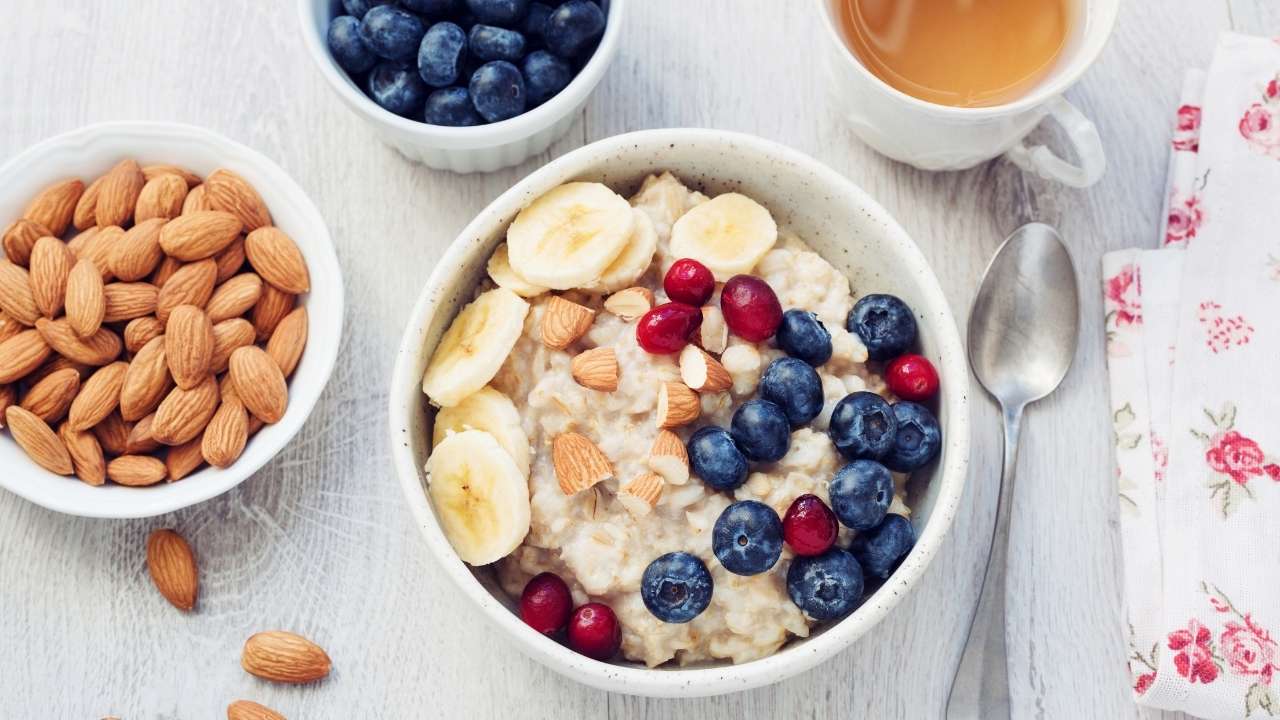Heart Health Diet Plan
Maintaining heart health is essential, and your diet plays a significant role in protecting your heart from diseases such as high blood pressure, high cholesterol, and heart disease. The Heart Health Diet Plan focuses on providing balanced meals with the right nutrients to support cardiovascular function. Here are the key components and guidelines for crafting heart-healthy meals.
Key Components of a Heart Health Diet
1. Balanced Meals
Balanced meals are essential for heart health. Each meal should include:
- Quality protein sources: Lean meats, poultry, fish, eggs, and plant-based proteins.
- Fibre-rich carbohydrates: Whole grains, fruits, and vegetables.
- Healthy fats: Unsaturated fats from sources like olive oil, avocados, nuts, and seeds.
These balanced meals help maintain steady blood sugar levels, support digestion, and reduce the risk of heart disease.
2. Prioritize Fruits and Vegetables
A diet rich in fruits and vegetables is vital for heart health due to their high content of vitamins, antioxidants, and fiber. Aim for:
- At least 2 servings of fruit daily.
- 3+ servings of vegetables each day.
Fruits and vegetables are naturally low in calories and can help lower blood pressure and cholesterol levels.
3. Whole Grains and Starchy Vegetables
Incorporating whole grains and starchy vegetables into your diet can significantly improve heart health by:
- Lowering cholesterol.
- Stabilizing blood sugar levels.
- Protecting against heart disease.
Choose options like brown rice, oats, quinoa, sweet potatoes, and whole-wheat products. These foods are high in fiber and should replace refined grains in your diet.
4. Beans and Lentils: High in Fiber and Protein
Beans and lentils are a heart-healthy alternative to red meat. These legumes are excellent sources of both protein and fiber, and they contribute to:
- Lower cholesterol.
- Reduced intake of saturated fats.
By incorporating legumes into your diet regularly, you can decrease your overall risk of heart disease.
5. Lean Meat, Poultry, Fish, and Eggs
For a heart-healthy protein source, consider:
- Lean meats such as chicken and turkey.
- Fatty fish like salmon and mackerel, which are high in omega-3 fatty acids that reduce inflammation and support heart health (consume 2-3 servings per week).
- Limit red meat to no more than twice a week and consume up to 6 eggs per week.
6. Choose Low-Fat Dairy Products
Low-fat dairy is an essential part of a heart health diet plan, offering benefits like protein and calcium without the extra saturated fats found in full-fat dairy. Opt for:
- Unsweetened, low-fat milk, yogurt, and cheese.
7. Healthy Fats for Heart Health
Healthy fats play a critical role in maintaining cardiovascular health. The best sources of healthy fats are:
- Olive oil, nuts, seeds, and avocados.
- Fatty fish high in omega-3 fatty acids.
These unsaturated fats can lower LDL cholesterol levels and reduce the risk of heart disease.
Other Considerations for Heart Health
1. Limit processed foods: Reduce consumption of fried foods, sugary snacks, and salty meals to avoid unnecessary fats and sugars.
2. Hydration: Stay adequately hydrated throughout the day.
3. Physical activity: Engage in 150 minutes of cardiovascular exercise per week, combined with strength training 2 times per week to maintain overall cardiovascular health.
For more details, visit the Heart Foundation.
Sample Heart-Healthy Meal Plan (Approx. 2000 Calories Per Day)
Breakfast: Oatmeal with Berries, Walnuts, and Honey
- Calories: 428 kcal
- Nutrient Benefits: High in fiber and antioxidants from berries, healthy fats from walnuts, and natural sweetness from honey.
Snack: Carrots and Hummus
- Calories: 157 kcal
- Nutrient Benefits: Fiber-rich snack with healthy fats from hummus.
Lunch: Mediterranean Tuna Salad
- Calories: 430 kcal
- Nutrient Benefits: Omega-3 fatty acids from tuna, fiber from vegetables, and healthy fats from olive oil.
Snack: Blueberry and Avocado Smoothie
- Calories: 336 kcal
- Nutrient Benefits: Heart-healthy fats from avocado and protein from whey powder.
Dinner: Chilli Lime Cod with Green Beans and Quinoa
- Calories: 363 kcal
- Nutrient Benefits: Lean protein from cod, fiber from quinoa, and omega-3 fats.
Snack: Roasted Almonds and Strawberries
- Calories: 260 kcal
- Nutrient Benefits: Protein and fiber from almonds, antioxidants from strawberries.
Conclusion
Maintaining heart health through proper nutrition doesn’t have to be complicated. By focusing on balanced meals, nutrient-dense foods, and healthy lifestyle habits, you can significantly reduce your risk of heart disease and improve overall wellbeing. Remember to consult with a healthcare provider or a registered dietitian to ensure your diet is tailored to your specific needs.
References
1. Healthy eating plate. (2024, May 9). The Nutrition Source. https://nutritionsource.hsph.harvard.edu/healthy-eating-plate/
2. Heart-healthy diet: 8 steps to prevent heart disease. (2024, April 4). Mayo Clinic. https://www.mayoclinic.org/diseases-conditions/heart-disease/in-depth/heart-healthy-diet/art-20047702
Ready to level-up?
Create meal plans 10x faster, follow up with your clients through our mobile app, and never struggle with meal planning or recipe management again.
